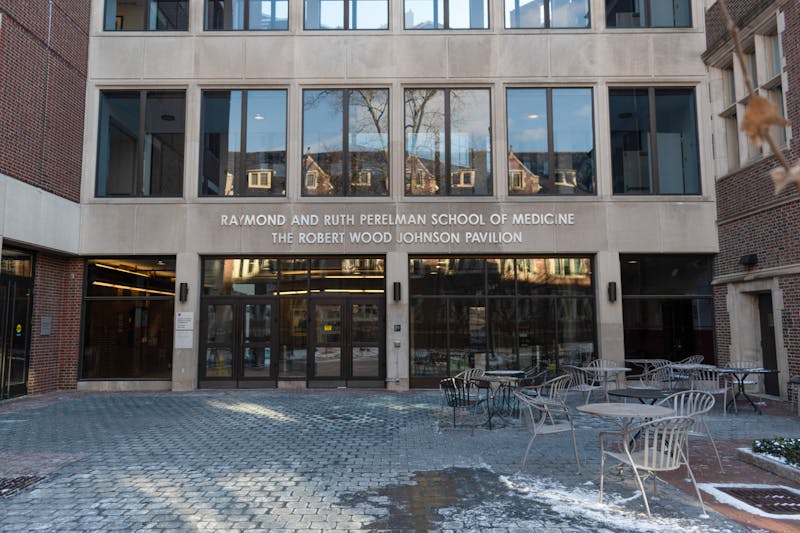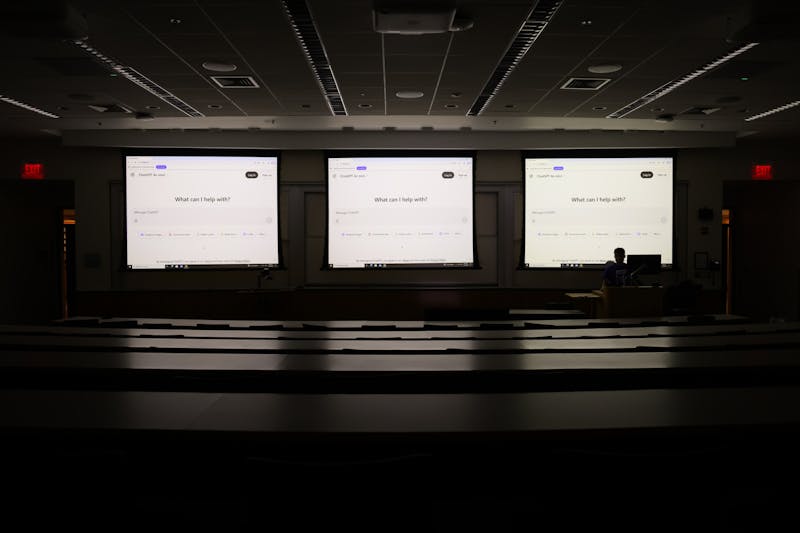
President Donald Trump, pictured at a New Hampshire campaign rally in February 2016.
Credit: Ilana WurmanConversations on how American institutions interact with people struggling with mental illnesses have emerged once again following the Florida Parkland shooting. Experts across the country, including Penn’s bioethicists, have weighed in on solutions.
A 2015 paper by Department of Medical Ethics & Health Policy assistant professor Dominic Sisti has roared back into conversations as pundits re-evalute how individuals like Nikolas Cruz, Parkland shooter, are treated by the United States mental health system.
In a conversation with school shooting survivors on Feb. 22, President Trump claimed that “part of the problem is that we used to have mental institutions … where you take a sicko like this guy.”
Trump was referring to the process of deinstitutionalization, which saw the closing of most long-term mental health institutions in America since the 1950s.
Many of these institutions closed following reports of abuse suffered by patients at the hands of both employees and other patients, and an overall lack of regulation, which led to a lack of successful rehabilitation among patients.
Some experts, however, have been arguing for some time for the restoration of some of these asylums.
In a 2015 editorial published in Jama, Sisti, along with two other academics, argued for the resurrection of the asylum in its 19th Century iteration, as a place for the mentally ill to get long-term care in a safe environment.
Rather than claiming that reopening asylums would be an ultimate fix to the mental health crisis in America, the bioethicists allege that it is the first step to a reformed mental health system.
“Realistically, the deployment of both private and public resources is now imperative to provide appropriate care and refuge for seriously mentally ill persons,” they wrote in the paper.
They added that without the mental institutions, the mentally ill were being imprisoned instead.
“Most disturbingly, US jails and prisons have become the nation’s largest mental health care facilities,” they wrote. “Half of all inmates have a mental illness or substance abuse disorder; 15 percent of state inmates are diagnosed with a psychotic disorder.”
Although there may seem to be some correlation between Sisti’s argument and Trump’s statement, Sisti clarified to The Daily Pennsylvanian that asylums and long-term psychiatric care will not work as remedies for mass violence.
“Mass violence as committed by individuals in the past several years would not be significantly impacted,” Sisti told the DP.
Sisti added that he disapproved of the term “sicko” that Trump used in discussing the mentally ill. During his campaign in 2016, Trump said that he would dedicate more money to the mental health system to build institutions for these “sickos.”
For Sisti, the term contradicts his work to de-stigmatize mental illness and long-term care facilities.
“Like most of what the president says, it is offensive and morally reprehensible,” Sisti said.
The Daily Pennsylvanian is an independent, student-run newspaper. Please consider making a donation to support the coverage that shapes the University. Your generosity ensures a future of strong journalism at Penn.
Donate






